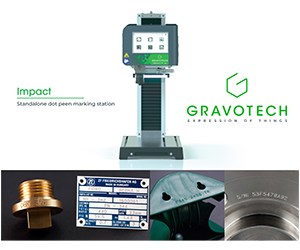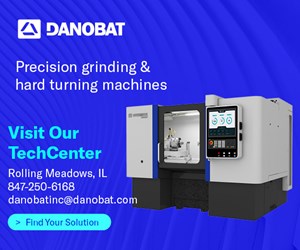Video: CT Scanning for Injection Molding
A mold maker discusses its experience with computed tomography scanning for inside and outside inspection of delicate molded parts.
The proof of any injection mold is the quality of the part it produces. However, for plastic parts that are particularly small and precise, determining that the mold is making these parts accurately can be an engineering challenge in its own right. Moldmaker NyproMold of Clinton, Massachusetts recently addressed that challenge by implementing a computed tomography scanner from Carl Zeiss Industrial Metrology for precise 3D inspection of small, delicate molded parts. In a new video on MMSOnline, various employees of NyproMold discuss how the company uses this scanning and how the technology works.
Related Content
-
Understanding Errors In Hand-Held Measuring Instruments
Different instruments (and different operators) are prone to different errors.
-
5 Things CNC Operators Must Know About Sizing Adjustments
For CNC operators, sizing adjustment is an essential skill. Keep these points in mind when training new CNC users.
-
Building an Automation Solution From the Ground Up
IMTS 2022 provides visitors the opportunity to meet with product experts to design automation solutions from scratch.











.png;maxWidth=300;quality=90)
